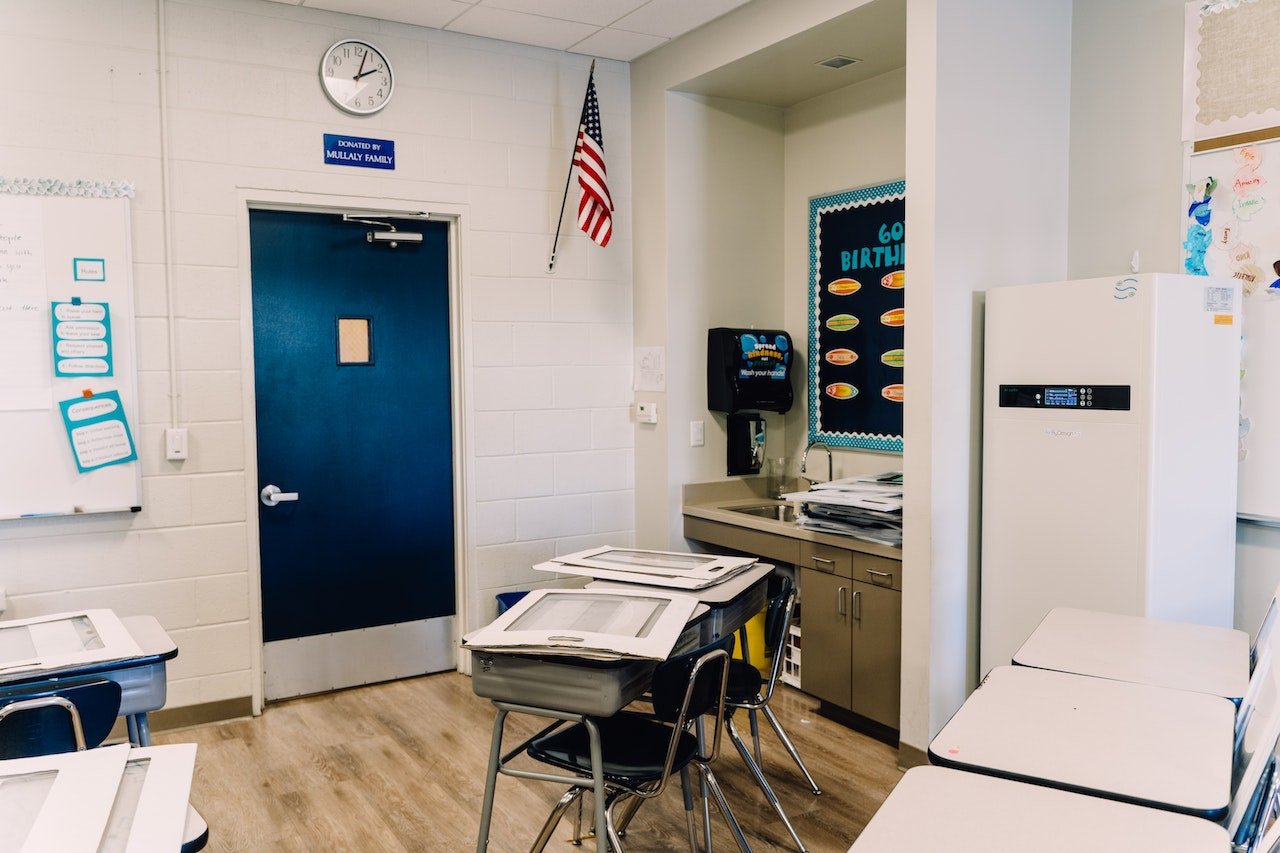Portable air conditioners are a great way to cool your home without installing a permanent air conditioning system. These units are self-contained, meaning that all the components are contained within the unit itself, making them easy to move from room to room or even from house to house.
The Benefits of Using a Portable Air Conditioner
Portable air conditioning units offer many benefits:
First, they are more affordable than traditional air conditioning systems. In addition, they are easy to install and don’t require any permanent modifications to your home. They also don’t take up as much space as a traditional system, so they can fit into areas that may not have been able to accommodate a traditional system.
Portable air conditioners are also great for cooling specific areas of your home. For example, if you have a room that is too hot during the summer, a portable air conditioner can be used to quickly cool that room without having to cool the entire house.
Finally, portable air conditioners are energy efficient. They don’t use as much energy as traditional air conditioners, so they can help you save money on your energy bills.
The Dos and Don’ts of Using Portable Air Conditioners
Portable air conditioners are a great way to keep your home cool without the need for a central air conditioning system. However, there are some important dos and don’ts to consider when using a portable air conditioner.
The first and most important dos when using a portable air conditioner is to ensure that the unit is properly ventilated. Portable air conditioners must be vented outside in order to work properly and safely. This means that you will need to install an exhaust hose and window kit, as well as a way to properly vent the hot air produced by the unit. Failure to properly vent the unit can lead to overheating and damage to the unit, as well as increased energy bills and discomfort.
When positioning your portable air conditioner, place it in a central location in the room. This will allow the air to be distributed evenly throughout the room. Additionally, be sure to check the manufacturer’s instructions to determine the optimal placement of the unit.
Another important thing to do when using a portable air conditioner is to make sure that you clean and maintain it regularly. Portable air conditioners require regular cleaning and maintenance to keep them running efficiently and to prevent any issues with the unit. This includes vacuuming or brushing off the unit’s coils, cleaning the filter, and checking the seals for any signs of damage.
On the flip side, there are some important don’ts when using a portable air conditioner. The first and most important don’t is to use an extension cord with the unit. Extension cords can be a major fire hazard and can cause damage to the unit. Additionally, be sure never to block the intake or exhaust vents, as this can cause the unit to overheat and malfunction.
Finally, avoid using a portable air conditioner in an enclosed space. Portable air conditioners are designed for open areas and should never be used in a closet or other enclosed space. This can cause the unit to overheat and cause a fire hazard.
Conclusion
Overall, portable air conditioners are a great way to cool your home without spending a lot of money or taking up a lot of space. They are easy to install, energy efficient, and can help you cool specific areas of your home without cooling the entire house. But, of course, be aware of the dos and don’ts of portable ACs to ensure you get the most out of them.
London Climate Hire is an HVAC specialist offering the full Turnkey rental solution covering boiler chillers, heaters, and so much more. If you are looking for portable air conditioner hire in London, check out what we offer!

